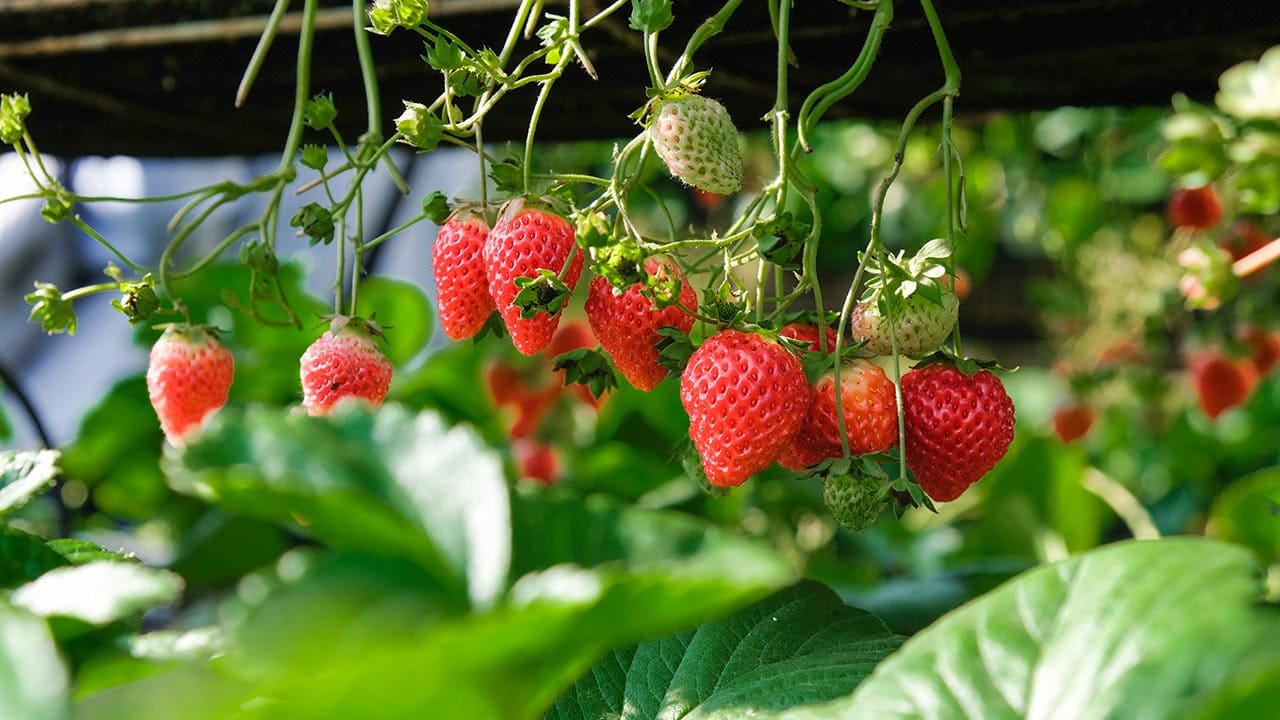Researchers Test Encapsulated CBD Nanoparticles for Extending Shelf Life of Strawberries
Summarize

Some food items, like strawberries, have a short shelf life. This prompted researchers to develop an edible CBD coating that was tested on strawberries. Their project results showed a significantly slowed decay of the strawberries over 15 days.
Strawberries have a very short shelf life. Consumers frequently find the strawberries in grocery store plastic containers already showing signs of rot, especially the ones in the bottom. The decay is due to microbial growth that includes pathogenic fungi and bacteria. Microbials are the cause of rot in all fresh vegetables and fruits.
Researchers Pongpat Sukhavattanakul, Sarute Ummartyotin and colleagues decided to test whether CBD could be used as a food preservative, expanding on previous studies that found CBD could reduce microbial growth. Since CBD is an oily substance that would not evenly coat the strawberries, they encapsulated CBD in a biodegradable polymer (poly D, L-lactide-co-glycolide) currently used in drug delivery systems. The nanoparticles encapsulated with the polymer created 400-nm-wide particles. Using the nanoparticles that contained at least 20% CBD, the encapsulated CBD was mixed with sodium alginate in water.
The researchers then submerged strawberries into solutions made with varying amounts of nanoparticles, and all were then dipped into a mixture of calcium chloride and ascorbic acid to convert the coating into a gel. Both treated and untreated strawberries were stored in open plastic containers in a place comparable to a refrigerator temperature. The results after 15 days found that the strawberries treated with CBD decayed much slower than strawberries left untreated.
However, the amount of CBD nanoparticles influenced the results. The press release issued by the American Chemical Society said,
“The coating with the most CBD-loaded nanoparticles preserved the berries’ dark red appearance, enhanced their antioxidant activity the most and exhibited the largest antimicrobial protection over the storage period, suggesting that this version would lead to the longest shelf life.”
More research is needed, but should this process work on various fruits and vegetables, it could be instrumental in preserving food and reducing food waste. Feeding America says that 119 billion pounds of food are thrown away yearly. Before this food preservation system can move forward, it will also need FDA approval, and the FDA has been slow to regulate CBD despite industry calls for action. Researchers are regularly finding that the natural plant extract CBD potentially has enormous value as a therapeutic supplement and now as a food preservative.
Share this post


0